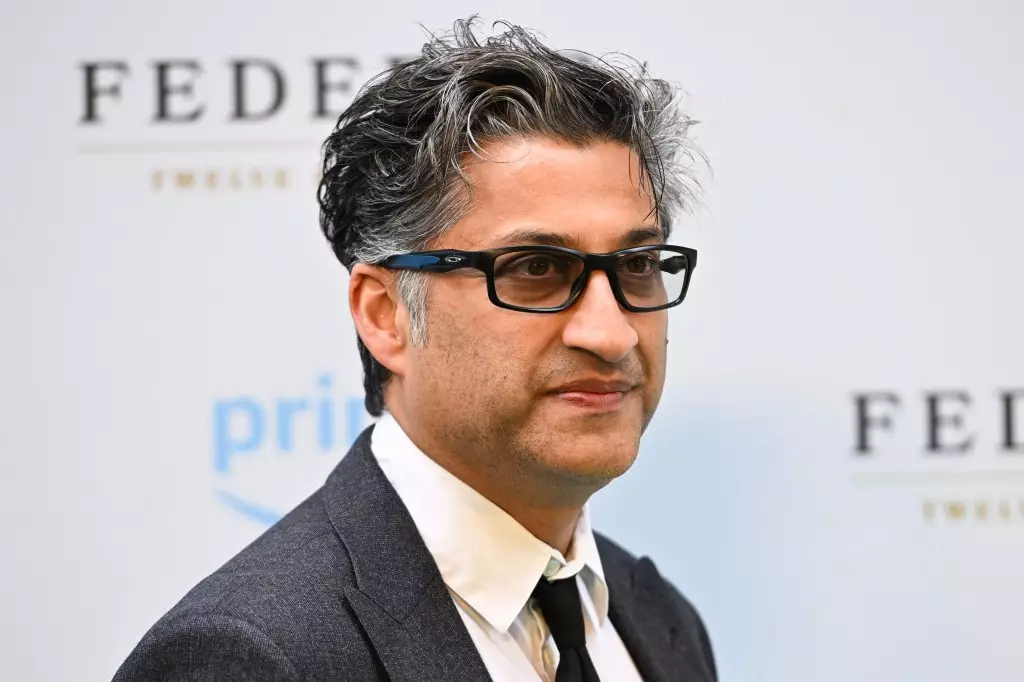Asif Kapadia, a renowned British film director and an Academy Award winner, has shared a harrowing experience that highlights the ongoing issues of surveillance and racial profiling in the modern world. The director, best known for his poignant documentaries such as “Amy,” found himself on a watch list that subjected him to repeated scrutiny whenever he attempted to enter the United States. The origins of this distressing situation trace back to an incident in the early 2000s, when Kapadia was returning from New York. A taxi driver’s observation of him photographing the city’s skyline triggered a chain reaction, leading to an unsettling encounter with homeland security at the airport.
Upon arrival at the airport, Kapadia was unexpectedly approached by multiple security personnel, drawing attention to his presence as they resorted to emptying his luggage in front of a crowd. The experience was profoundly humiliating, especially as the only person of color in the Virgin lounge. The allegations of acting “suspicious” not only impacted his travel but also adversely affected his mental well-being. Instead of flying freely, he found himself constantly facing an additional layer of challenges—the red light of scrutiny replacing the green light of ease as he showed his boarding pass.
Long-lasting Consequences
Despite being allowed to continue his journey on that occasion, Kapadia’s name remained tangled in a web of security protocols that continued for nearly a decade. Each time he sought to board a flight, he was pulled aside with the same uncomfortable questions: “Who are you? Why are you here?” This relentless pattern of racial profiling had a significant psychological toll on him, instilling a weariness and paranoia towards travel that many individuals from marginalized communities can relate to.
Kapadia’s experience is indicative of a much broader issue—a systemic problem where individuals are often unfairly targeted due to their ethnic backgrounds. For years, he hesitated to travel to the U.S. and only returned when equipped with a compelling endorsement from Universal Studios, underscoring the pervasive nature of discrimination even within professional contexts.
Creative Expression Amidst Challenges
Compellingly, Kapadia channeled his experiences with scrutiny and societal pressures into his latest project, “2073.” This ambitious science fiction film, set in a dystopian version of a “New San Francisco” post-catastrophe, uses a mix of archival footage, personal narratives, and speculative scenarios to explore themes that resonate with contemporary issues such as populism, technology, and climate change.
By weaving these topics together, Kapadia’s film serves as both a cautionary tale and a call to action about the state of our civilization. “2073,” opening in U.S. theaters on December 27 and in the UK on January 1, promises to be more than just a cinematic experience; it aims to provoke thought and discussion about the fragility of our societal structures and the insidious nature of modern surveillance.
Kapadia’s journey, both personal and professional, emphasizes the intersection of art and activism, revealing how even the most challenging experiences can catalyze profound creative output. His story is not just a reflection of one man’s struggles but a larger commentary on the state of freedom and identity in an increasingly surveilled world.

